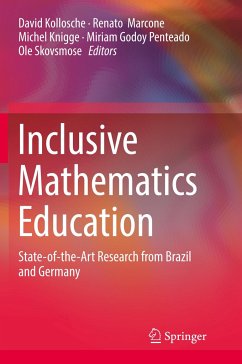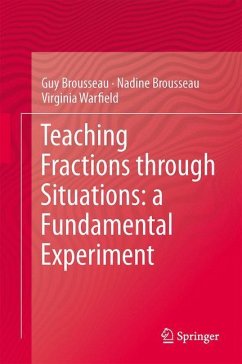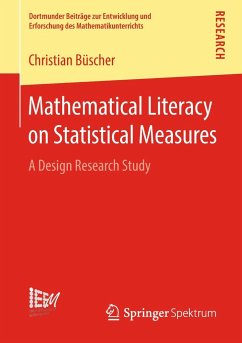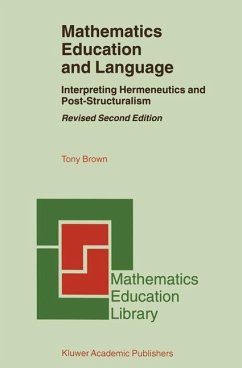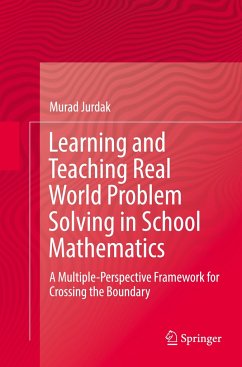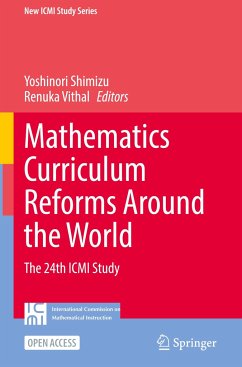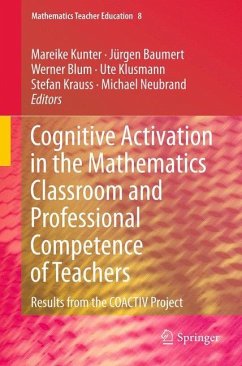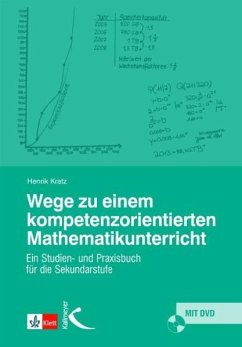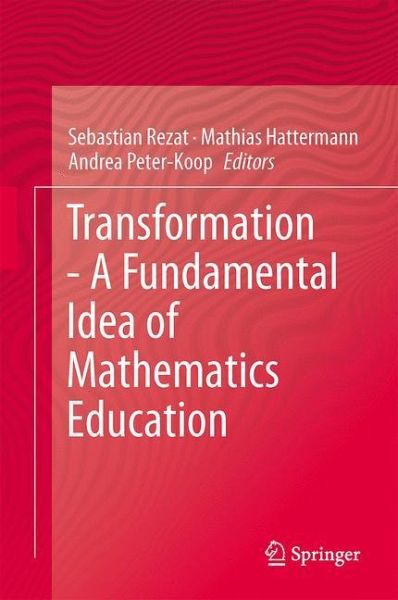
Transformation - A Fundamental Idea of Mathematics Education

PAYBACK Punkte
38 °P sammeln!
The diversity of research domains and theories in the field of mathematics education has been a permanent subject of discussions from the origins of the discipline up to the present. On the one hand the diversity is regarded as a resource for rich scientific development on the other hand it gives rise to the often repeated criticism of the discipline's lack of focus and identity. As one way of focusing on core issues of the discipline the book seeks to open up a discussion about fundamental ideas in the field of mathematics education that permeate different research domains and perspectives. T...
The diversity of research domains and theories in the field of mathematics education has been a permanent subject of discussions from the origins of the discipline up to the present. On the one hand the diversity is regarded as a resource for rich scientific development on the other hand it gives rise to the often repeated criticism of the discipline's lack of focus and identity. As one way of focusing on core issues of the discipline the book seeks to open up a discussion about fundamental ideas in the field of mathematics education that permeate different research domains and perspectives. The book addresses transformation as one fundamental idea in mathematics education and examines it from different perspectives. Transformations are related to knowledge, related to signs and representations of mathematics, related to concepts and ideas, and related to instruments for the learning of mathematics. The book seeks to answer the following questions: What do we know about transformations in the different domains? What kinds of transformations are crucial? How is transformation in each case conceptualized?





